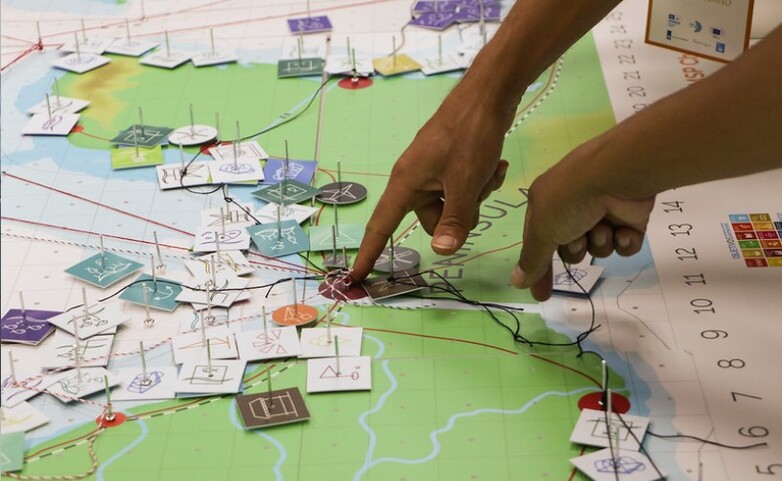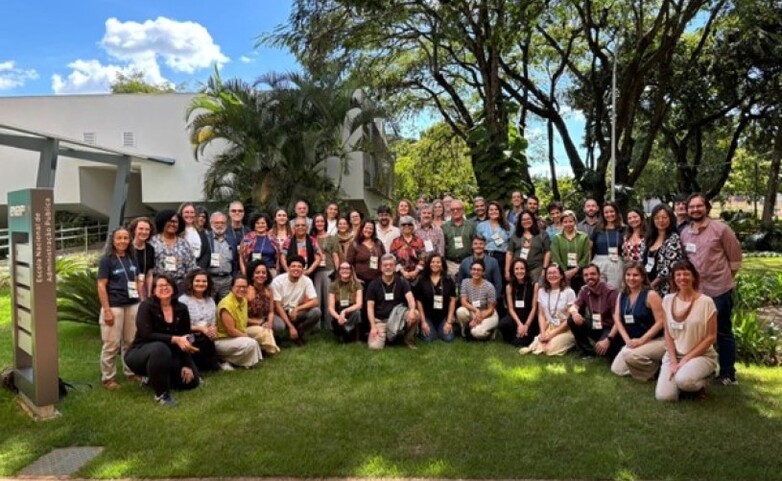Improving coastal and marine ecosystem management in Brazil (TerraMar II)
Protection and integrated management of marine and coastal biodiversity – TerraMar II
 © Studio Lumix/GIZ
© Studio Lumix/GIZ
Protection and integrated management of marine and coastal biodiversity – TerraMar II

German Ministry for the Environment, Nature Conservation, Nuclear Safety and Consumer Protection (BMUV)

Brazil

Brazil, Federal Ministry of Environment and Climate Change (Ministério do Meio Ambiente e Mudança do Clima, MMA)
Brazil - Federal Ministry of Environment and Climate Change (Ministério do Meio Ambiente e Mudança do Clima, MMA)

2024 to 2028

Chico Mendes Institute for Biodiversity Conservation (Instituto Chico Mendes para Conservação da Biodiversidade
Chico Mendes Institute for Biodiversity Conservation (Instituto Chico Mendes para Conservação da Biodiversidade, ICMBio)

Climate, environment, management of natural resources
Brazil’s 'Blue Amazon' covers 40 per cent of the national territory and supports a variety of coastal and marine ecosystems, including coral reefs, mangroves and estuaries. These ecosystems play a vital role in addressing climate change, driving local economic development, and improving the wellbeing of coastal populations and traditional local communities. However, they are under serious threat due to climate change, plastic pollution, and the uncoordinated use of resources by multiple industries, such as ports, fishing, aquaculture, tourism, energy, and mining. Significantly, the coastal region accounts for more than half of Brazil’s gross domestic product (GDP), further emphasising its economic importance.
 © GIZ/Mariana Bitencourt Santos
© GIZ/Mariana Bitencourt SantosThe Brazilian government is adopting an integrated approach to coastal and marine ecosystem management to improve biodiversity conservation, address climate change, and promote a sustainable blue economy.
 © GIZ/Glaucimara Silva
© GIZ/Glaucimara SilvaThe project focuses on improving the management and protection of Brazil’s coastal and marine ecosystems through several measures:
Last update: September 2024